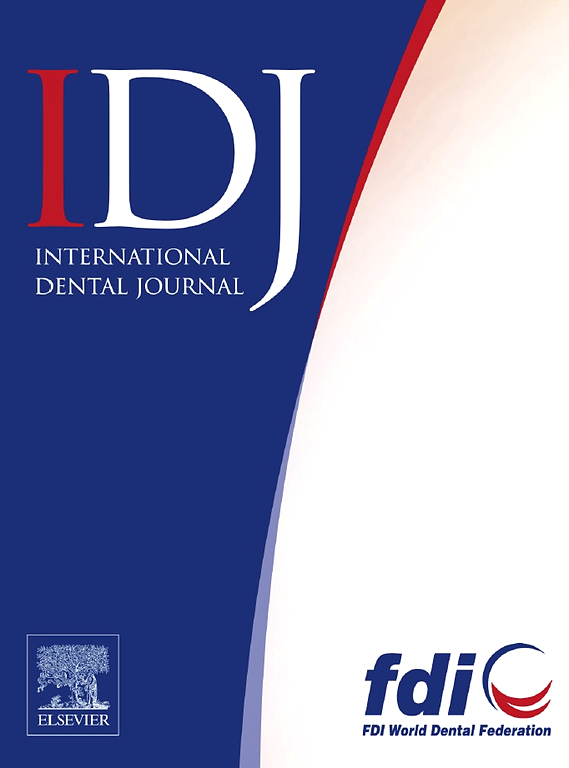电子健康记录在牙科:相关性,挑战和政策方向。
IF 3.7
3区 医学
Q1 DENTISTRY, ORAL SURGERY & MEDICINE
引用次数: 0
摘要
电子健康记录(EHRs)通过启用结构化的、可互操作的、以患者为中心的信息系统,帮助改变了现代医疗保健,这些信息系统可以连接提供者、支持研究并赋予患者权力。然而,牙科在完全融入国家和国际电子健康档案框架方面进展较慢,有可能与更广泛的卫生数据生态系统隔离。这篇叙述性综述研究了电子病历发展的全球背景、牙科的机遇和风险,以及可以指导成功整合的政策方向。根据国际经验、国家案例研究以及FDI世界牙科联合会关于综合电子病历的共识声明和FDI关于电子病历的政策声明,该审查报告强调了将牙科和医疗记录联系起来的好处和挑战。讨论了应纳入综合系统的核心口腔和一般健康指标,并提出了相关标准和互操作性框架。论文最后介绍了关于电子病历的外国直接投资政策声明,概述了实际建议,并呼吁采取行动,确保将口腔健康完全纳入数字健康转型。全面、安全、可互操作、以患者为中心的电子病历,在与医学同等的基础上整合了口腔和系统数据,建立在共同标准、可审计的隐私和访问控制、公平的患者和提供者可用性以及可持续的、定期评估的工作流程之上,对于提高护理质量和安全性、促进研究和公共卫生监测以及支持负责任的、数据驱动的牙科工作至关重要。本文章由计算机程序翻译,如有差异,请以英文原文为准。
Electronic Health Records in Dentistry: Relevance, Challenges and Policy Directions
Electronic health records (EHRs) have helped to transform modern healthcare by enabling structured, interoperable, and patient-centred information systems that connect providers, support research, and empower patients. Dentistry, however, has been slower to achieve full integration into national and international EHR frameworks, risking isolation from the broader health data ecosystem. This narrative review examines the global context of EHR development, the opportunities and risks for dentistry, and the policy directions that can guide successful integration. Drawing on international experience, national case studies, and the insights of both the FDI World Dental Federation’s Consensus Statement on Integrated EHRs and FDI’s Policy Statement on EHRs, the review highlights both the benefits and challenges of linking dental and medical records. Core oral and general health indicators that should be included in integrated systems are discussed, and relevant standards and interoperability frameworks presented. The paper concludes in a presentation of the FDI Policy Statement on EHRs, outlining practical recommendations, as well as a call to action to ensure that oral health is fully embedded within the digital health transformation. Comprehensive, secure, interoperable, patient-centred EHRs that integrate oral and systemic data on equal footing with medicine, built on common standards, auditable privacy and access controls, equitable patient and provider usability, and sustainable, routinely evaluated workflows, are essential to improve quality and safety of care, enable research and public-health monitoring, and support accountable, data-driven dentistry across settings.
求助全文
通过发布文献求助,成功后即可免费获取论文全文。
去求助
来源期刊

International dental journal
医学-牙科与口腔外科
CiteScore
4.80
自引率
6.10%
发文量
159
审稿时长
63 days
期刊介绍:
The International Dental Journal features peer-reviewed, scientific articles relevant to international oral health issues, as well as practical, informative articles aimed at clinicians.
 求助内容:
求助内容: 应助结果提醒方式:
应助结果提醒方式:


